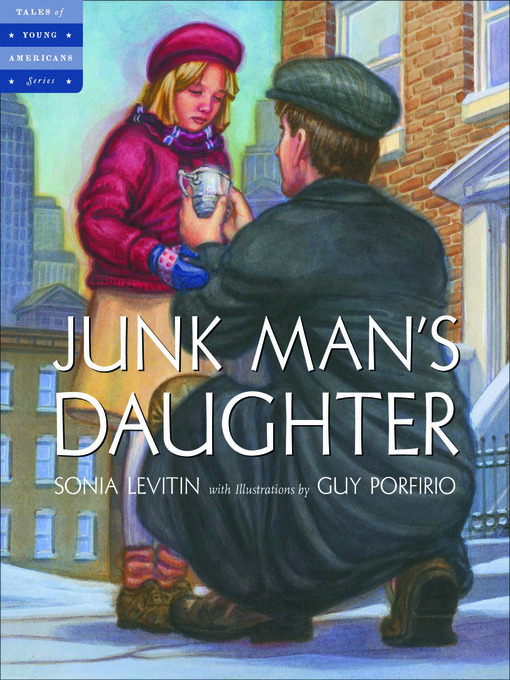- What's new?
- No wait, no problems
- Popular titles
- Check these out!
- Read-Along Titles
- See all ebooks collections
- Family Friendly Listens
- What's new?
- No wait, no problems
- Popular titles
- Check these out!
- Read-Along Titles
- Read with Me
- See all audiobooks collections

